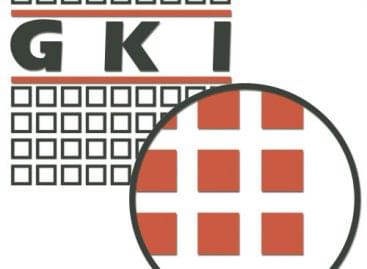Three quarters of the households do not feel financially stronger despite real wage growth
In a survey sent to MTI on Tuesday, GKI notes that between 2014 and 2019, nominal earnings increased by more than 60 percent and real earnings by almost 50 percent. The rise is partly due to the rapid rise in wages and partly due to low inflation. Retirees experienced significantly lower real income growth compared to active earners.

According to KSH’s income statistics, household income increased by a total of 28 percent in the six years under review, ie to a much lesser extent than earnings. All in all, however, a 4.2 percent annual increase in real income is impressive, even if it is not outstanding within the Visegrád group or even in relation to Romania. (MTI)
Related news
GKI economic sentiment index begins 2026 with a small decline
🎧 Hallgasd a cikket: Lejátszás Szünet Folytatás Leállítás Nyelv: Auto…
Read more >The GKI business climate index started 2026 with a minimal decline
🎧 Hallgasd a cikket: Lejátszás Szünet Folytatás Leállítás Nyelv: Auto…
Read more >Related news
The impact of the forint exchange rate on GDP growth
🎧 Hallgasd a cikket: Lejátszás Szünet Folytatás Leállítás Nyelv: Auto…
Read more >









